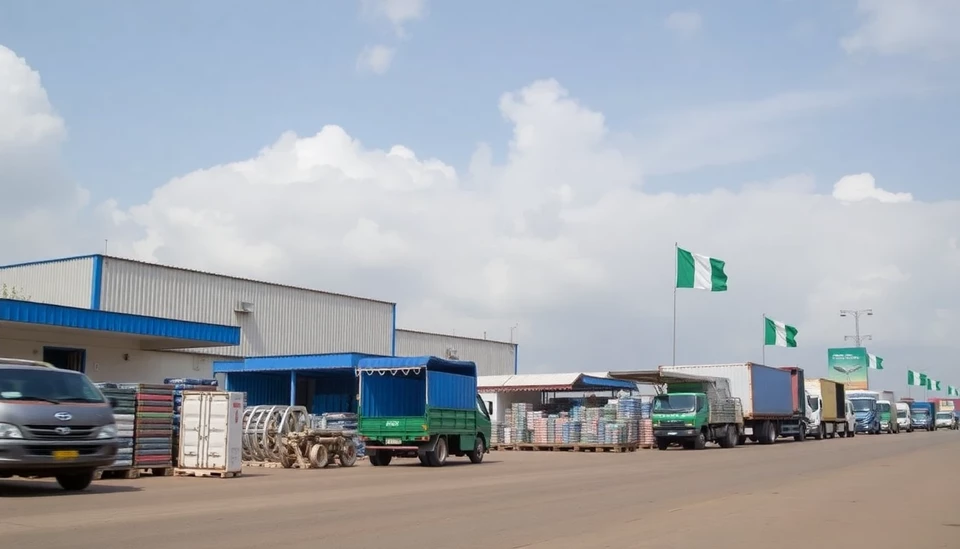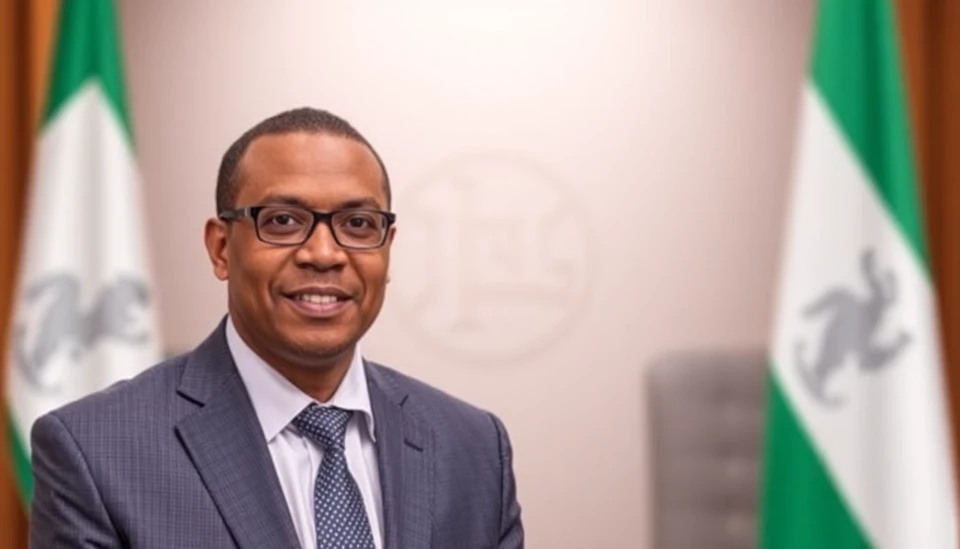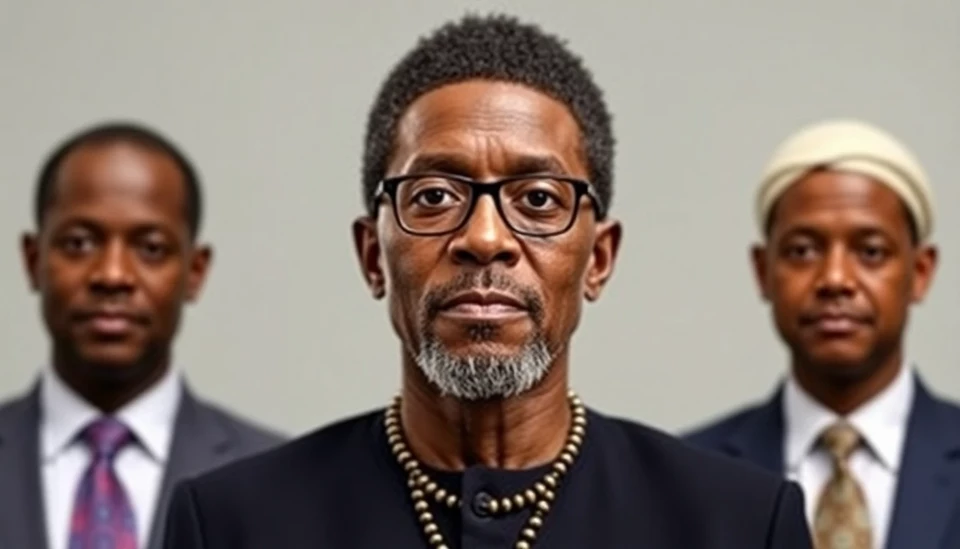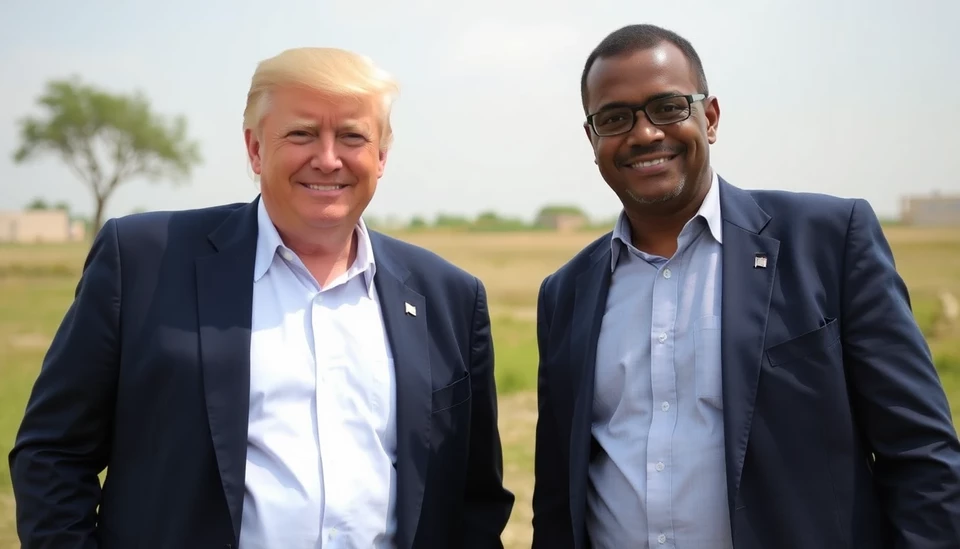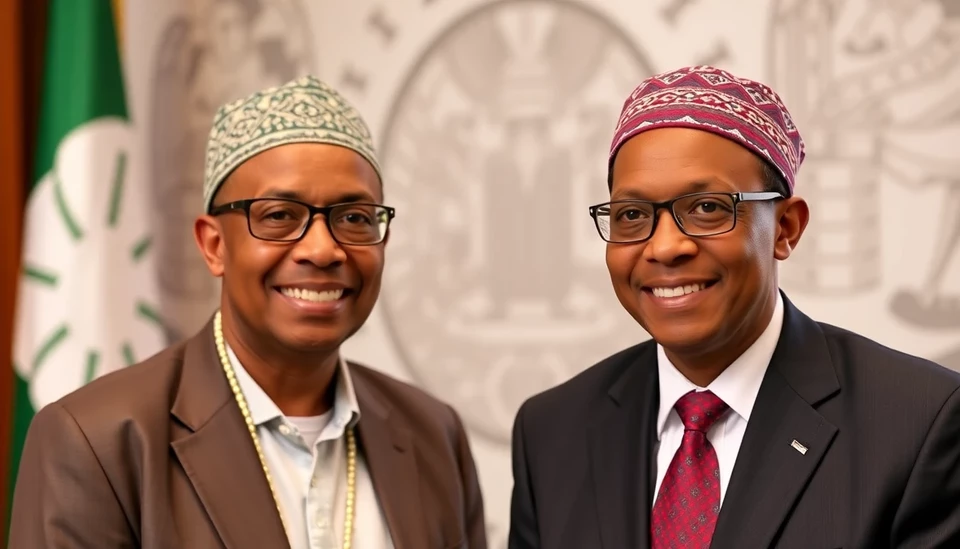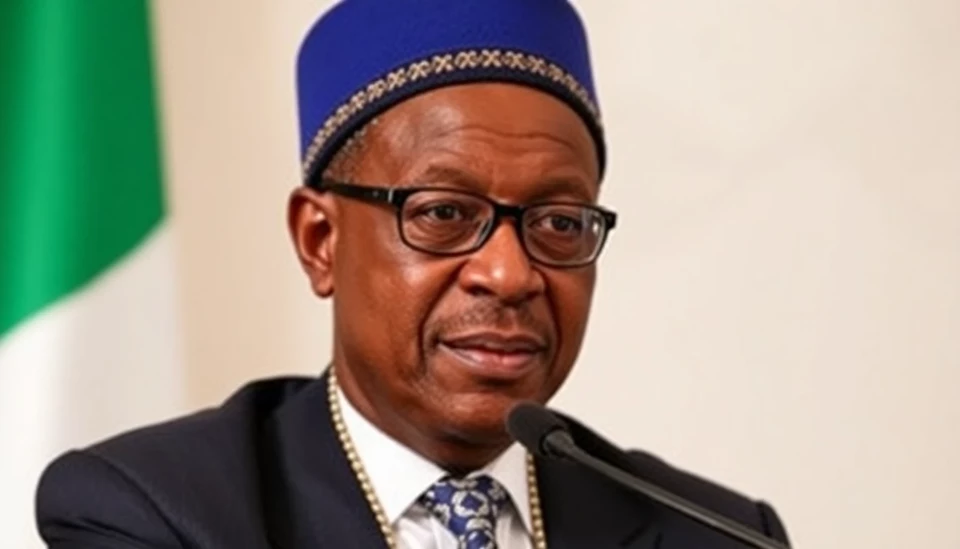
Nigeria's President Bola Tinubu faces significant challenges in his efforts to implement tax reforms aimed at boosting government revenue. As the nation grapples with economic pressures, the stark divide between the Northern and Southern regions exacerbates the complexity of his proposals. Discontent from Northern lawmakers threatens to stymie initiatives that are crucial for supporting the country’s economic recovery.
Since taking office, President Tinubu has prioritized tax reform as a vital measure to enhance Nigeria's fiscal stability. The government's ongoing struggle with increasing public debts and low oil revenue has underscored the urgent need for a more sustainable financial strategy. Historically, the country's reliance on oil has left it vulnerable to global price fluctuations, prompting Tinubu to seek expanded tax sources.
However, the proposed reforms, which include the introduction of new taxes and the broadening of existing tax bases, have met with resistance from Northern representatives in the National Assembly. Concerns have been raised regarding the potential impact of these taxes on the already struggling economy in the North, where many citizens face significant economic hardships.
Opposition from lawmakers in the Northern region stems from a widespread belief that any new tax burdens will disproportionately affect their constituents, who are already dealing with high rates of poverty and unemployment. Economic disparities between the North and South have long been a contentious issue in Nigerian politics, complicating consensus-building efforts on critical financial legislation. Many Northern lawmakers argue that the regions should not bear the same tax burdens as their Southern counterparts, where the economy is comparatively more robust.
In contrast, Southern lawmakers, who often support the president's push for increased taxation, view it as a necessary step towards a more equitable distribution of resources and services. This divide has led to a stalemate in the legislative process, raising questions about Tinubu’s ability to navigate this complex political landscape and implement reforms that are essential for Nigeria's economic rejuvenation.
As President Tinubu seeks to unify the country around a shared economic vision, he faces the daunting challenge of bridging these regional divides. Analysts suggest that effective dialogue and compromise may be the keys to overcoming the prevailing skepticism and resistance from the North. Discussions around incentivizing investment, fostering job creation, and ensuring that tax revenues are used effectively to benefit all Nigerians might be necessary for garnering broader support.
The recently proposed tax measures are essential not only for improving the revenue base but also for funding critical infrastructure projects that could drive economic growth across all regions. However, achieving consensus remains a significant hurdle, as regional interests continue to dominate the political narrative.
Moving forward, it is clear that President Tinubu must find a way to harmonize the interests of both regions while ensuring that the tax policies laid out will ultimately serve the common good of the entire nation. As these discussions evolve, the outcome will undoubtedly impact Nigeria's fiscal future and the overall economic landscape in the coming years.
In a nation where the divide between North and South continues to shape political discourse, the unfolding situation demands close attention from both Nigerian citizens and international observers alike.
###
#Nigeria #TaxReform #BolaTinubu #EconomicPolicy #NorthSouthDivide #PoliticalChallenges #FiscalStability #LegislativeStalemate #RegionalEconomics
Author: Laura Mitchell
